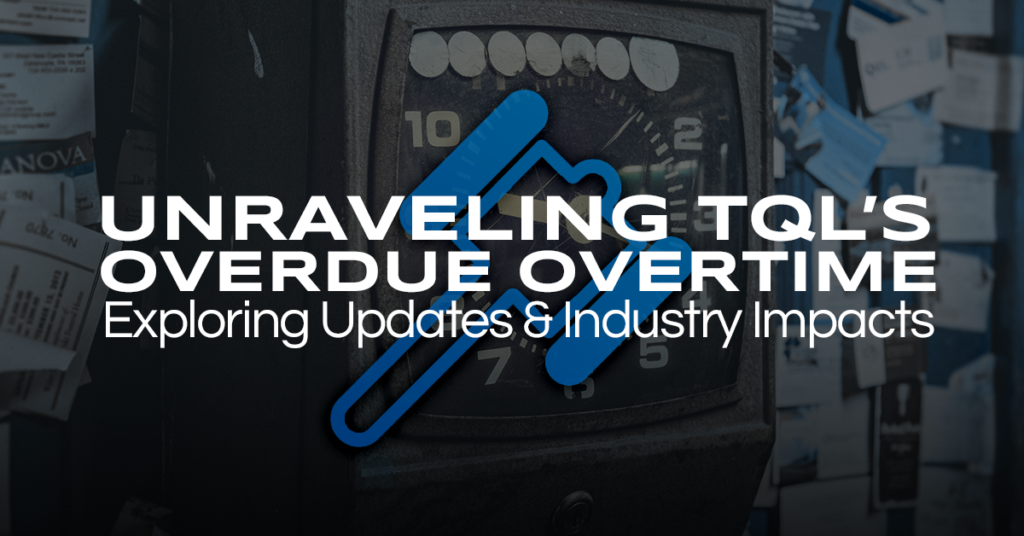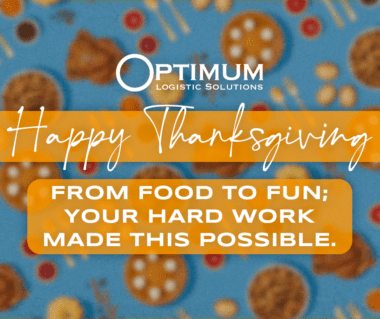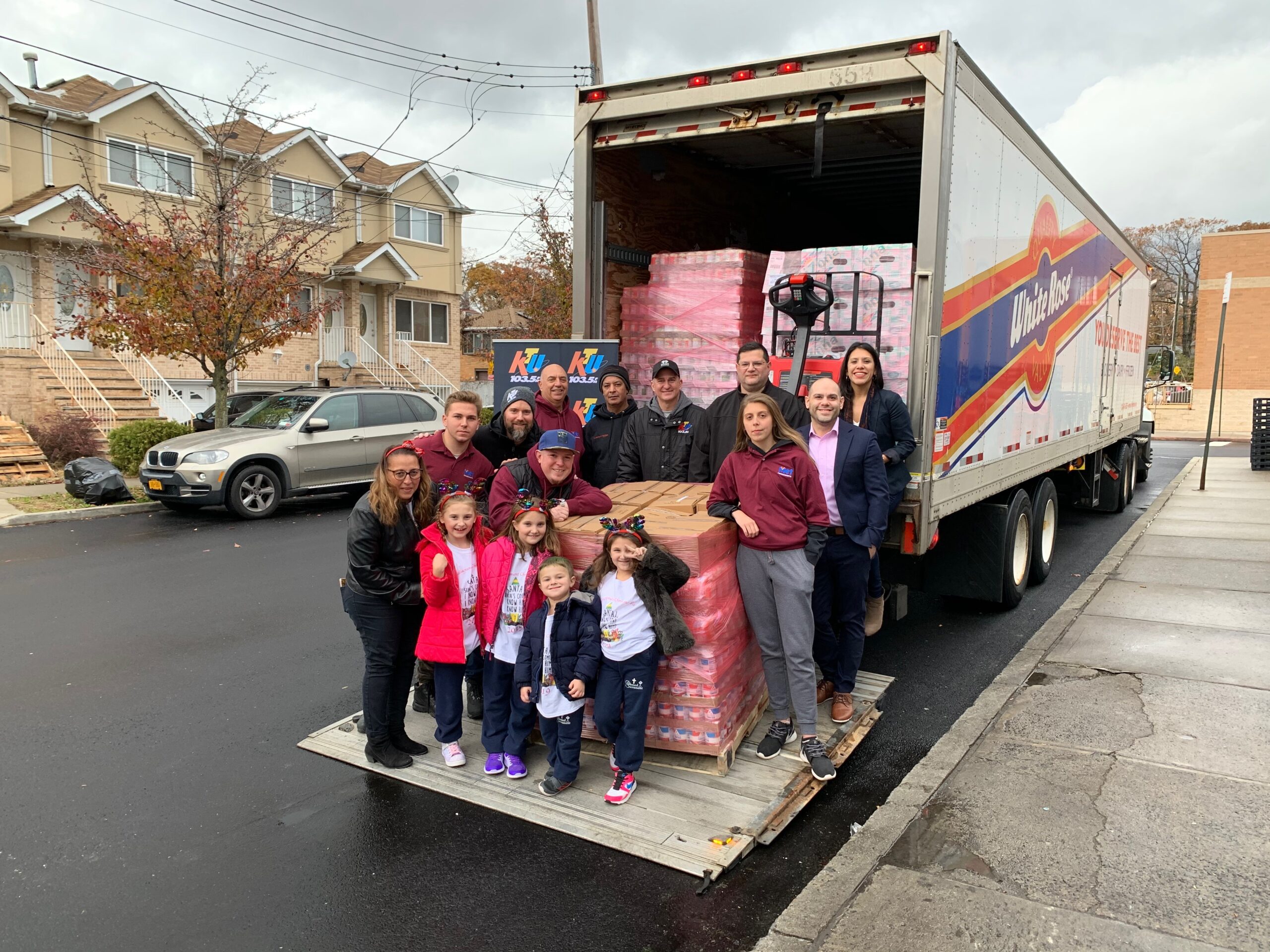
The ever-evolving logistics and trucking industry occasionally confronts unexpected turns. Today, we turn the spotlight on a recent courtroom revelation involving Total Quality Logistics (TQL), a leading U.S. freight brokerage. This ruling sheds light on longstanding missteps, possible ripple effects throughout the sector, and the delicate interplay of employee rights with corporate interests. For industry professionals, this article unveils vital facets of the legal and ethical realm of logistics.
A Verdict is Reached
In a landmark decision, a federal judge has ruled that TQL, one of the largest freight brokerages in the U.S., failed to provide overtime pay to thousands of its former employees, thereby breaching federal laws. Judge Michael Barrett delivered this verdict on Sept. 26, highlighting that not only does TQL owe back pay to these employees, but they’re also liable to pay an additional amount equivalent to the original damages.
Root of the Problem
The case’s roots date back to September 2008 through April 2016, over 4,500 logistics account executive trainees and their senior counterparts worked with TQL. Alarmingly, transitioning from a salaried to a commission-based pay, these trainees often clocked in over 60 hours weekly, with a mere 5% making the successful transition.
Top Brass Under the Scanner
While the company is in the limelight, Ken Oaks, TQL’s chief executive and co-founder, hasn’t escaped scrutiny. He has been personally deemed liable for this oversight. Oaks had previously defended the company’s decision to classify LAETs and junior LAEs as salaried, citing advice from the Transportation Intermediaries Association (TIA). However, the association’s stance is one of disappointment, hinting that such decisions could hinder hiring and innovation.
The Legal Tussle
The complexities of this lawsuit are far-reaching, with implications not just for TQL but potentially other brokerages too. Matthew Leffler, an industry observer, hinted that this ruling might prompt a significant shift in the brokerage business model. TQL had justified its actions by arguing the administrative nature of LAETs and junior LAEs tasks. Yet, the court didn’t find this argument convincing, indicating that their primary responsibilities weren’t directly related to TQL’s management or general business operations.
Impending Repercussions
TQL, an industry giant with revenues hovering around $8.8 billion in 2022, now faces a murky road ahead. Ken Oaks, once celebrated as Cincinnati’s richest person, may also see his net worth, previously estimated at $980 million by Forbes, simultaneously impacted. As legal procedures progress, the anticipated discussions regarding damages, attorney fees, and other associated costs are sure to follow.
The Long Road Ahead
Despite the verdict, many elements of this case remain unresolved. It’s already been 13 long years since the initiation of this lawsuit, and there’s no clear end in sight. Bruce H. Meizlish, the leading attorney against TQL, expressed sympathy for the affected employees, pointing out that for many, this experience with TQL was their inaugural venture into the employment world, and the memories aren’t particularly pleasant.
Before You Go…
As always, we value the insights and perspectives of our community of commercial drivers, logistics personnel, and industry professionals. Please share your thoughts on this critical development in the comments section below. How do you perceive this ruling’s broader implications? And don’t forget to check back Friday for Optimum Logistic’s weekly news recap to stay updated and engaged. Your input drives the conversation forward. Safe journeys to all!
If you made it to this part of the article, we’d just like to take a moment to thank you for taking the time to read this weekly recap. Be safe out there and as always, If you’re in search of CDL A, B, or warehouse positions, check out our open positions. And if you need staffing solutions for commercial driving or industrial positions, be sure to explore our offerings.



